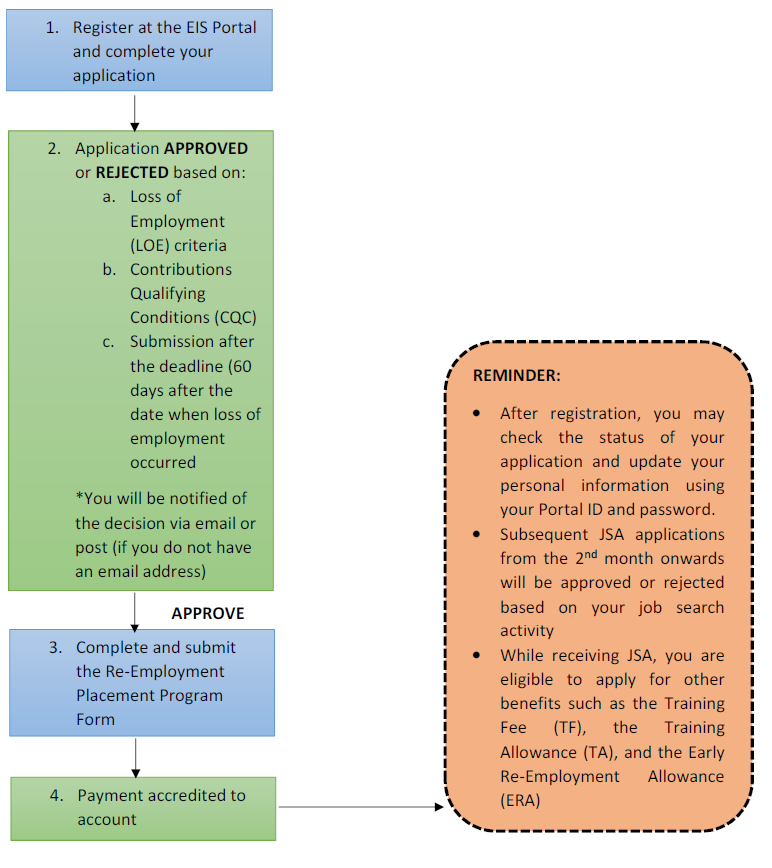
the company must not be listed on a recognised stock exchange, or plan to be listed, at the time of issuing shares.the company must have a permanent establishment in the UK.To be considered an EIS eligible company, the following conditions must be met: The rules for business angels are strict, however, so its advisable to seek advice from HMRC.įor an investor to be able to claim EIS, the company they are investing in must meet the EIS eligibility requirements and maintain their EIS eligible status for the duration of the shareholding. Business angels may still qualify for tax relief despite being paid for their services, provided that the angel director was not connected to the company at the time of issue of the shares. This exemption aims to encourage investment from business angels in the scheme, despite their roles as directors of the company. There is one exemption to the rule disqualifying connected persons employed in the company. You must not be using the scheme as a form of tax avoidance.You must not have any form of controlling interest in the company.You must not have any form of preferential shares.No partner or associate of yours may have interests in the company (including your spouse, relatives or previous business contacts).You must not be an employee, partner or ‘paid director’ of the company.


Each branch of EIS tax relief carries its specific requirements, along with the standard stipulations.
Eis applications professional#
Such professional managers are also not low cost, making this option a more expensive venture.Īs shares eligible for EIS are not listed on the stock market, investors looking to not directly invest typically invest through a specialist broker or through an EIS fund. However, this can also be the main drawback of this option: you have less control over your investment. The benefit of a professional fund manager is that they will be doing constant research for you to make your investment decisions. A fund manager will build you an EIS investment portfolio, choosing in which companies you invest. However, it is usually a riskier venture as your investment relies on the success of that company specifically.Īlternatively, it is possible to invest through a fund manager. Investing directly into a single company allows the investor greater transparency and therefore, control in the investment opportunity.

Either, you can invest directly in an EIS qualifying company, or you can invest in an EIS fund. There are two options for investing with EIS.


 0 kommentar(er)
0 kommentar(er)
